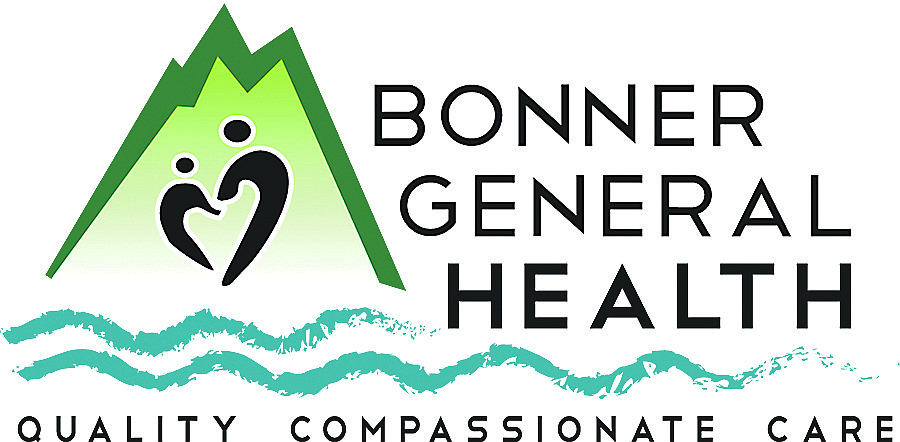What everyone needs to know about heartburn
Heartburn, in its true sense, has nothing to do with your heart. It’s a painful burning feeling that starts in your sternum and travels up into your throat. Pregnancy, certain foods, alcohol and some drugs can cause it. If it happens occasionally, it’s probably nothing to worry about. But if it occurs a couple of times a week or more, it might be gastroesophageal reflux disease, aka GERD.
The Cleveland Clinic says that managing occasional acid reflux is as easy as taking an antacid. The word “occasional” is the operative word. Prolonged use of antacids has its downsides. All medications have side effects. If symptoms persist, talk to your primary care provider. Over time, chronic acid reflux can damage your esophagus tissues. And that could lead to needing surgery.
“Your stomach contents are supposed to travel only one way: down. When acid from inside your stomach flows backward – meaning up – into your esophagus and throat, it’s called acid reflux. When acid creeps into places it doesn’t belong, you’re bound to feel it. Acid irritates and inflames the tissues inside your esophagus, which runs from your stomach up through your chest to your throat.” Cleveland Clinic explains.
“Temporary conditions can cause temporary acid reflux. But GERD is a constant, mechanical problem. For acid to get into your esophagus, it needs to get past the valve at the bottom of your esophagus that usually keeps things from coming back up. This valve is called your lower esophageal sphincter (LES).
“Your LES is a circular muscle that opens when you swallow and then closes again to keep substances in your stomach. It also opens a little to let gas bubbles out when you’re burping or have hiccups. Acid reflux happens when your LES weakens or relaxes enough to let acid pass.”
GERD is very common. One report says that about 20 percent of the adult population and ten percent of children have GERD. Another report I read, said up to one-third of adults in the U.S. suffer from it. And, by the way, the old wives’ tale that a pregnant woman who suffers from heartburn will deliver a baby with lots of hair apparently has merit. Seventy-eight percent of women in a small 2006 study who gave birth to babies with more than average hair claimed to have had severe heartburn during their pregnancy. Oh my.
Besides heartburn, symptoms of GERD include having a sour taste of acid in your mouth, or regurgitating food, liquids or acid after eating. You may have noncardiac, nonburning chest pain. Acid overflow may cause you to feel queasy or lose your appetite. The reflux can cause a sore throat or make it feel hard to swallow. Also, GERD can trigger asthma-like symptoms such as chronic coughing, wheezing and shortness of breath.
“GERD symptoms may be worse at night or while lying down,” Cleveland says. “They may also be worse after a large or fatty meal, after bending over, or after smoking or drinking alcohol.”
Cleveland also says that babies can get GERD. It’s more common to those born prematurely. You will want to talk to your pediatrician if your infant is excessively fussy, having difficulty sleeping, refusing to feed, having small vomiting episodes, is wheezing or has bad breath.
Apparently, food itself isn’t likely to be the cause of acid reflux but contributes to it. “Chocolate, coffee, alcohol, mint, garlic and onions may have a relaxing effect on your LES in higher doses. While fatty foods increase stomach acid and take longer to digest, there’s more opportunity for acid to escape. If you have a heavier meal for dinner, it might not have time to digest before you lie down.”
Lifestyle changes and medications are the prevalent treatments. Many can change their eating habits, lose weight, reduce alcohol consumption and stop smoking to eliminate symptoms. But if you have chronic GERD, your PCP may recommend medicines that will reduce your stomach acid, so the acid reflux is less damaging. A severe case of GERD may continue despite meds, in that case, there are minor, outpatient procedures that are very effective.
If you do not have a primary care provider, I wholeheartedly, and without heartburn, recommend you call BGH Family Practice at 208-265-2221.
Kathy Hubbard is a member of Bonner General Health Foundation Advisory Council. She can be reached at kathyleehubbard@yahoo.com.

